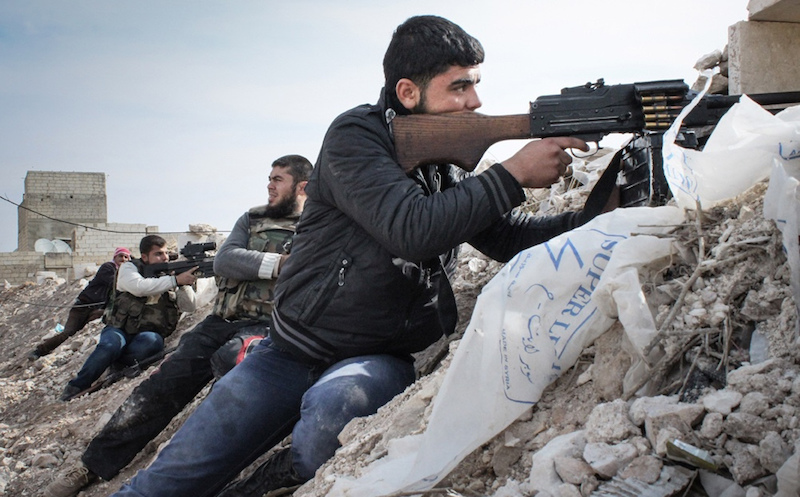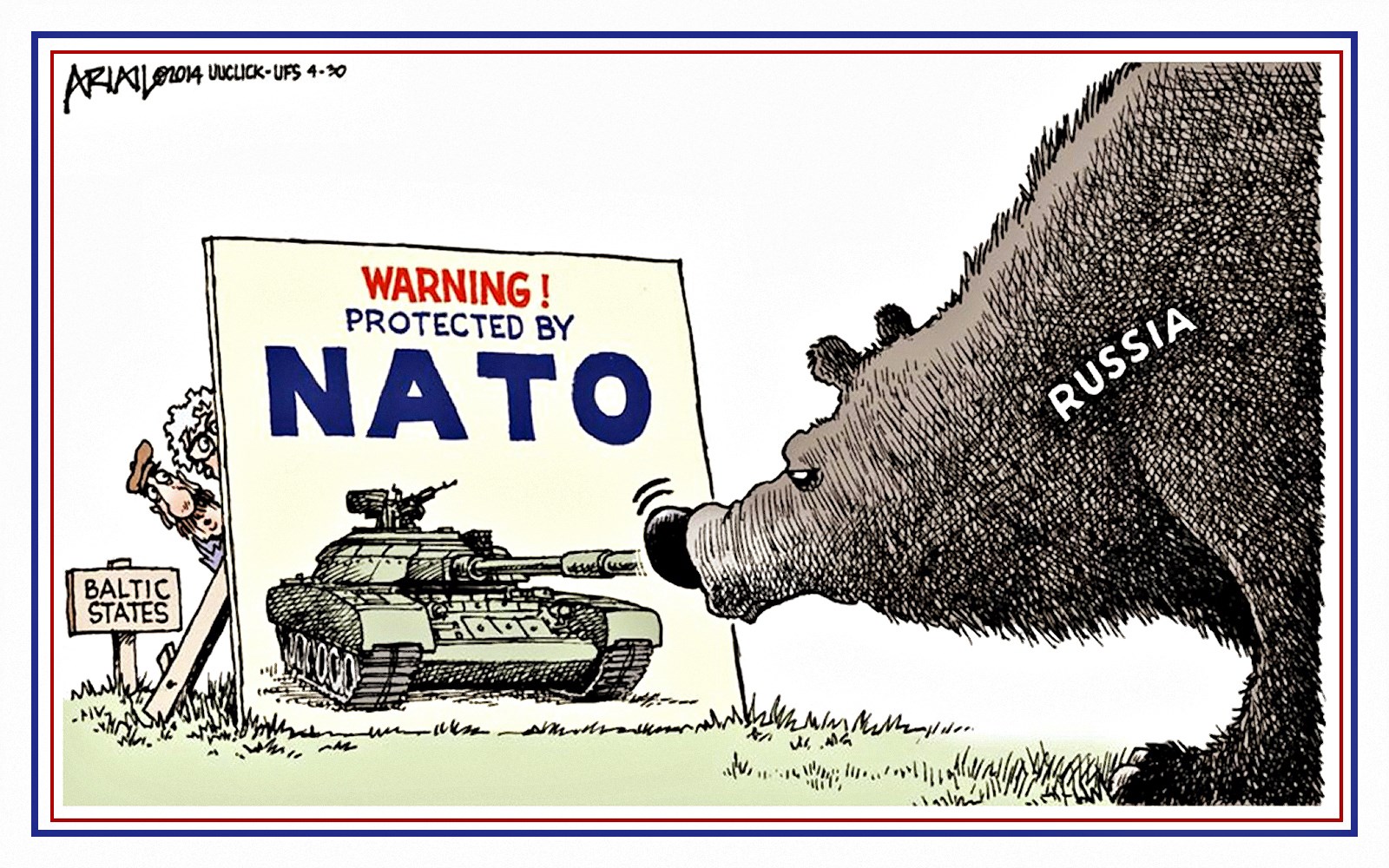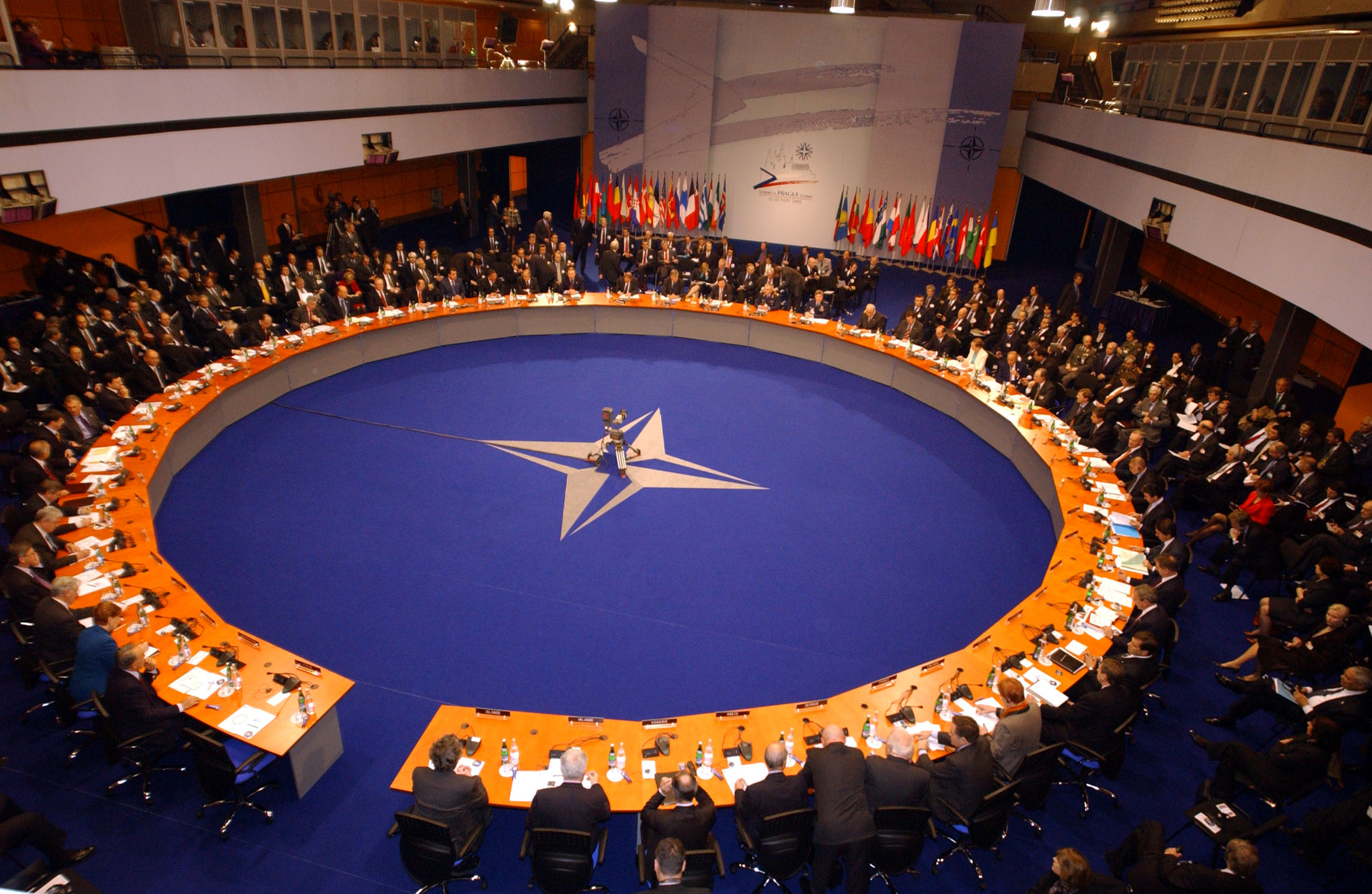As prayers signalling the start of the Muslim holiday Eid Al-Adha rang out this past Monday, the U.S and Russia announced the initiation of a seven-day ceasefire in Syria. According to its conditions, the Assad regime must cease all hostilities within certain rebel-held territories and vice-versa. In addition, if the ceasefire is respected, Russia and the U.S will unite some of their military and intelligence resources to strike at terrorist strongholds in Syria. Aid agencies will also be allowed to deliver food and water to impoverished civilians in besieged cities.
The difficulty with the Syrian situation is that it is not a civil war being fought by clearly-demarcated political or ideological factions. It involves various actors, belonging to complicated and disorganized webs of alliances, vying for power. It is therefore difficult to lay down conditions that both sides would agree to, especially since there is also a lack of centralized oversight.
Negotiations remain incredibly difficult. One reason is that large swathes of Syrian territory with significant populations lack state-like representation; they must negotiate unofficially through their proxies. Furthermore, Assad’s regional and international allies refuse to legitimate his enemies, whom they deem to be “terrorists”, regardless of their actual ideological affiliation. Assad has repeated this position and his troops have subsequently bombed civilians living in rebel-controlled territory under the pretext of targeting terrorists.
The opposition toward Assad is also divided and incoherent. It includes legitimate democratic proponents but even some terrorist groups; what unites them is not only their opposition to Assad but their lack of trust in the international system. Regarding the latter, their main grievance is that Assad is not being punished when he violates international agreements on conduct in war. Salem Al-Musket, who currently leads the High Negotiations Committee, a group representing over 30 bodies opposed to Assad, stated that he wanted “guarantees” before committing to the ceasefire. Anas al-Abdeh, leader of the Syrian National Coalition, has even called upon the U.K to enforce “no-bombing” zones. It simply shows how chaotic the situation is, and no side has more control than the other.
Rebel jihadists are not a unified entity either. There are many competing ideas, leaders, religious interpretations and groups who permeate the Syrian civil war scene. Moreover, the ceasefire cannot apply to areas under their control. Perhaps the two best known terrorist organizations in Syria right now are ISIS and Jabhat Fateh al-Sham (formerly known as Al-Nusra, it is among the strongest rebel groups in Syria) led by Abu Muhammad al-Julani.
As of September 2016, al-Sham controls substantial territory around the western city of Aleppo. Despite Julani’s attempts to promote a “moderate” image of his group by promising to safeguard the wellbeing of civilians and to refrain from attacking the West, al-Sham retains the terrorist designation it received by the State Department in 2012.
Not only are factional lines blurred, but each group is continually propped up by their own regional and international allies. Russia, one of Assad’s most important allies, believes that the Baathist party can stabilize Syria again, while the U.S State Department has vehemently reiterated that moderate rebel groups should accede to power.
Regardless, the situation could benefit in the short term from coordinated American-Russian attacks. A concern for future ceasefires is whether or not Russia will be patient with American-allied rebels they classify as terrorists; they recently threatened violent repercussions against some of them. At the same time, the United States must ensure that the rebels it supports remain free of jihadis; just recently, Russia accused the U.S of violating the ceasefire by not “reining in” allegedly-radical rebel groups.
It has implications for how the international system can create peace in Syria. Even if the Syrian crisis ends soon, how can power lawfully transition? Do rebel groups attain legitimacy without being democratically elected? Are there certain factors which disqualify from power? The inability to achieve a practical solution will simply continue the bloodshed and it is the Syrian civilians who suffer the most. If this ceasefire successfully concludes, there is no long-term structure in place for the next one (if indeed there is one).
Photo: “Free Syrian Army rebels fighting against Assad militias on the outskirts of the northwestern city of Maraat al-Numan, Idlib – Syria” (2012), by Freedom House via Flickr.com. Licensed under CC BY 2.0.
Disclaimer: Any views or opinions expressed in articles are solely those of the authors and do not necessarily represent the views of the NATO Association of Canada.




